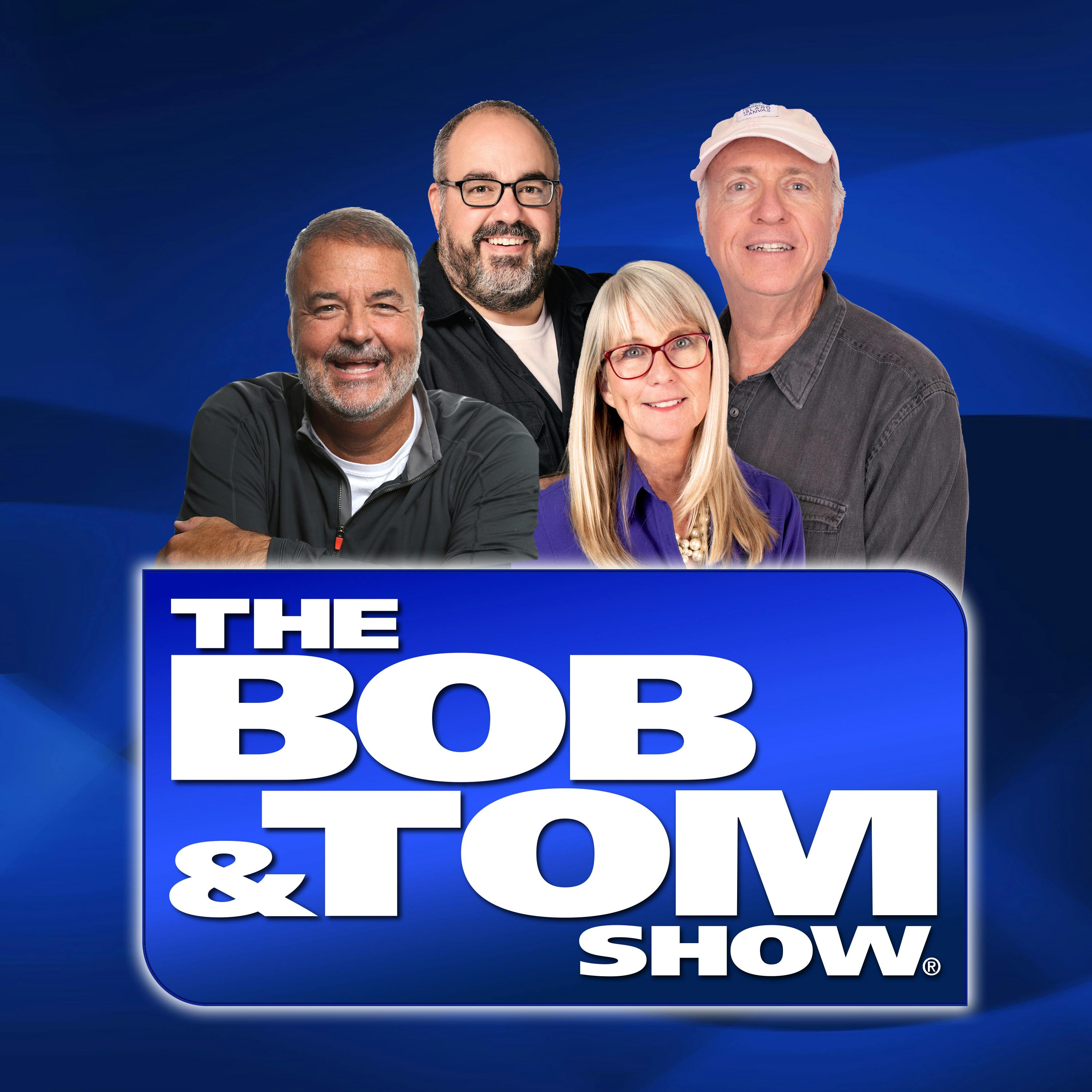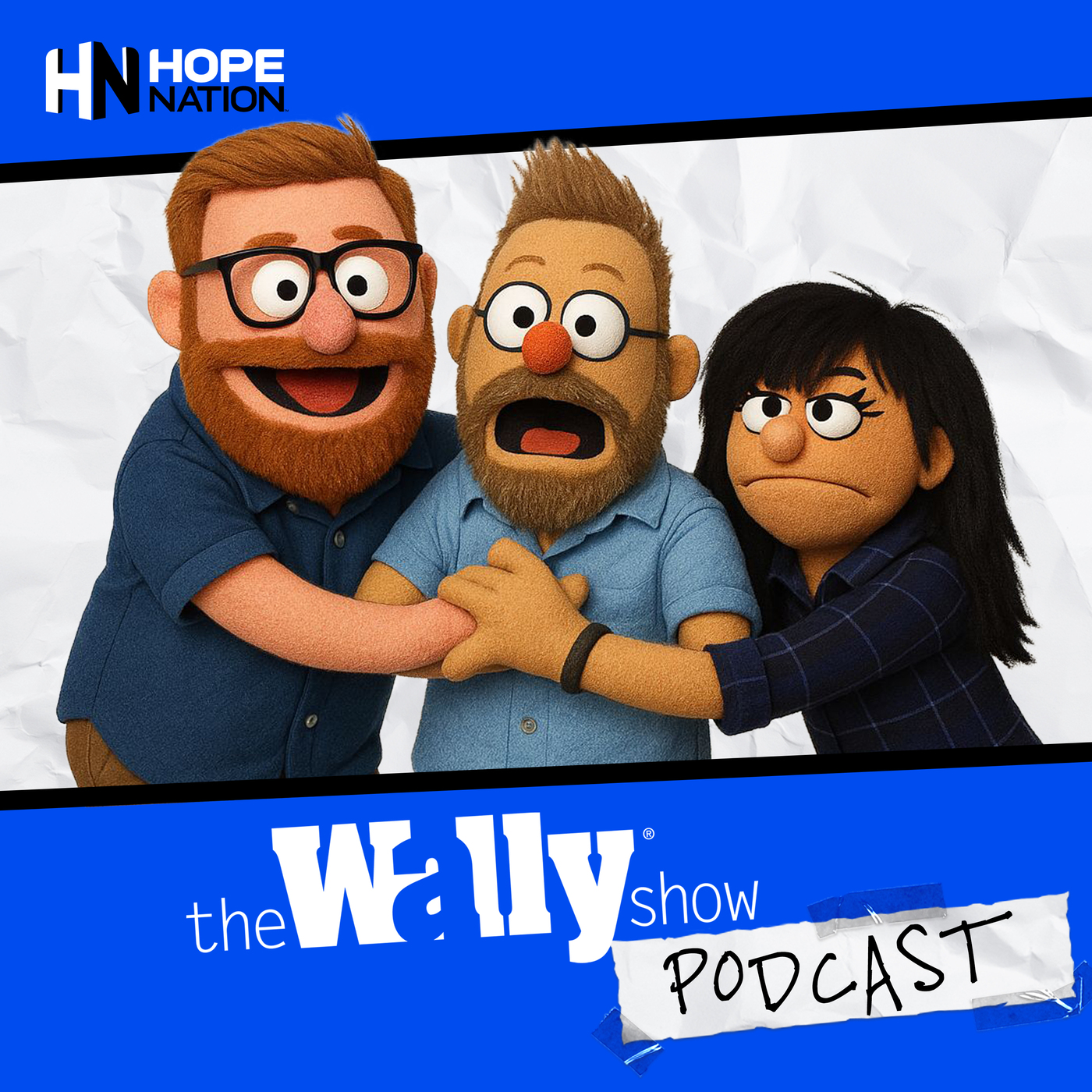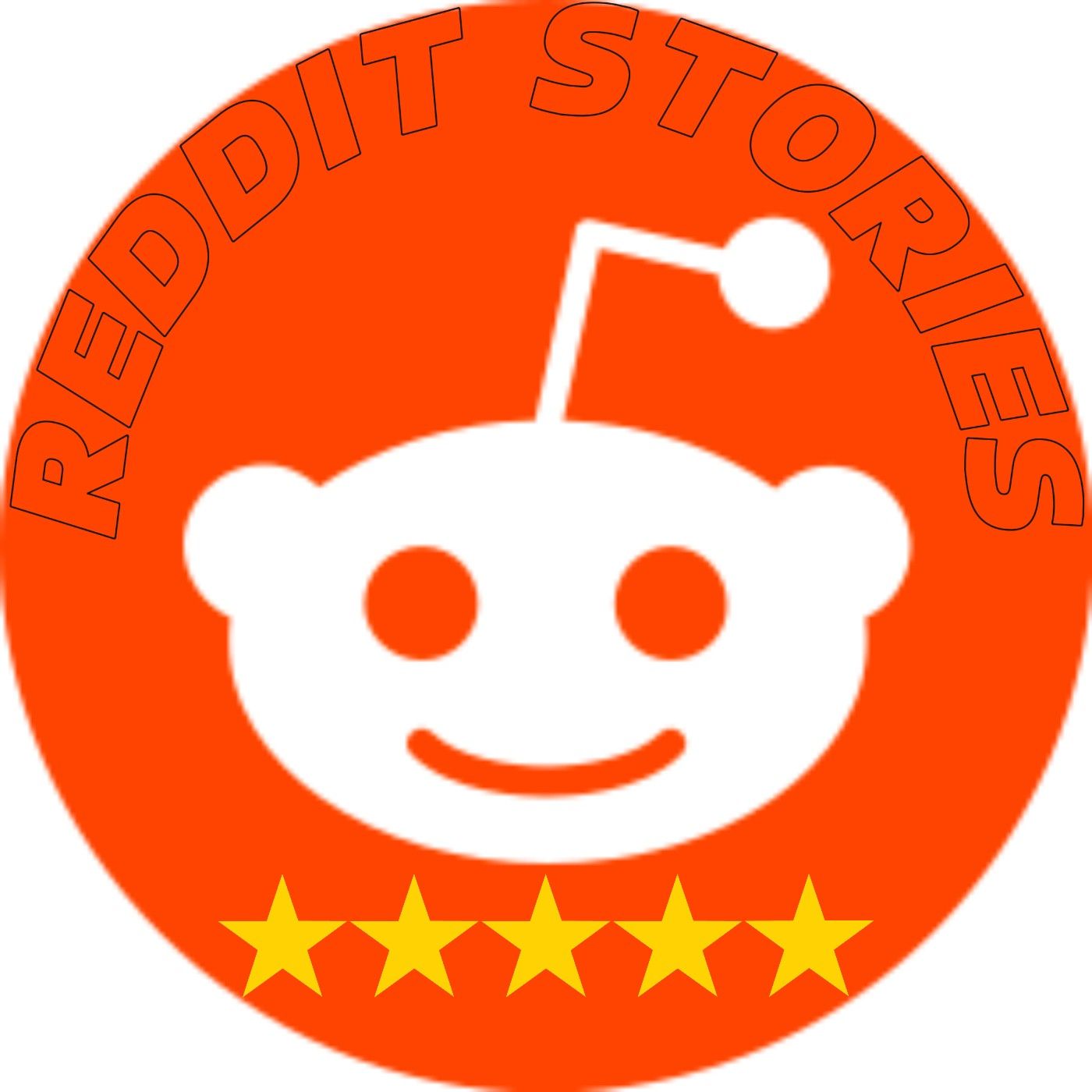Breaking Badelaide
Adelaide wastewater meth study and urban public health
The Chaser Report episode uses satire to unpack a surprising public-health finding: a 2017 wastewater survey ranked Adelaide highly for methamphetamine detection. Hosts Dom and Charles riff on the idea of testing sewage as a signal for community drug use, exploring how wastewater analysis and sewage epidemiology reveal stimulant trends, public-safety concerns, and regional patterns.
Comparing nightlife, festivals, and stimulant use in Adelaide
The conversation contrasts Adelaide’s famous arts festivals, boutique wine culture, and leisurely beaches with evidence of stimulant use. Using humor and hyperbole, the hosts examine how a single street can contain upscale dining, strip clubs, late-night fast food, and alleged drug markets. This juxtaposition becomes a commentary on socioeconomic integration, urban nightlife, and the unintended consequences of small-city planning.
AI, counselling tone, and public health messaging
The hosts test an AI chatbot (ChatGPT) to ask whether meth is “fun,” provoking a mock-therapeutic response that lists harms: addiction, psychosis, legal problems, and social decline. This segment highlights how automated tools can adopt a didactic, counselor-like voice and how that tone can clash with comedic framing. It also raises questions about responsible public messaging on addiction and the ethics of trivializing serious issues for laughs.
Urban design, the Light Plan, and tourism satire
Beyond drugs, the episode skewers Adelaide’s planned CBD and park-ringed layout (the Light Plan). The hosts riff on colonial planning, the small grid of North Adelaide, and how a compact, “hermetically sealed” city can feel both charming and claustrophobic. They also lampoon the idea that tourism boards might embrace notorious notoriety—suggesting a mock-sponsored episode—to turn bad publicity into a marketing angle.
Key takeaways and related topics for listeners
- Wastewater surveillance is a meaningful epidemiological tool for tracking community drug trends.
- Humor and harm collide when discussing addiction; balance satire with awareness.
- City planning shapes social interactions, nightlife, and perceptions of safety.
- AI responses can reflect public-health advice but may feel patronising in casual contexts.
This episode blends comedy, cultural critique, and public-health themes, making it useful for listeners interested in urban sociology, drug policy, AI communication, and Australian regional culture. The satirical tone provokes reflection about how cities are seen, marketed, and measured—especially through unconventional data like sewage testing.




